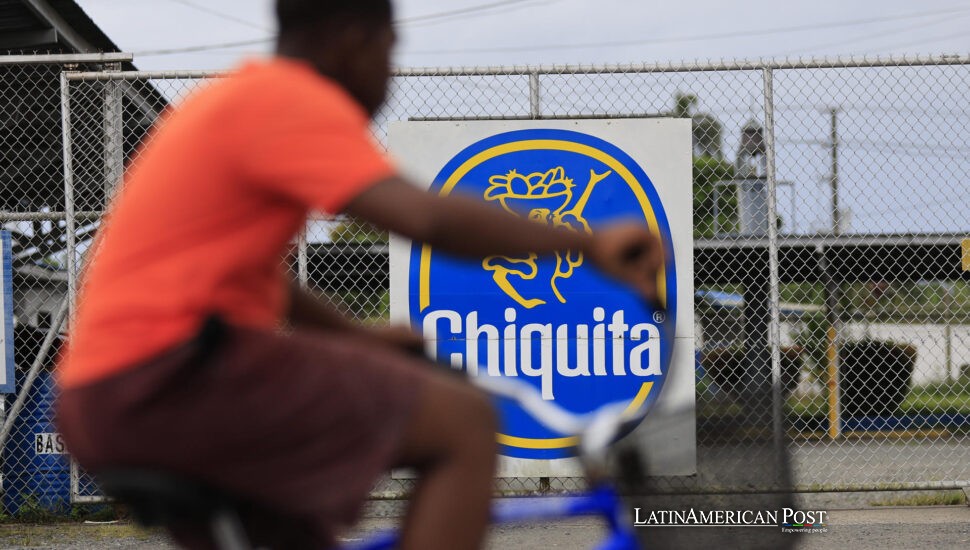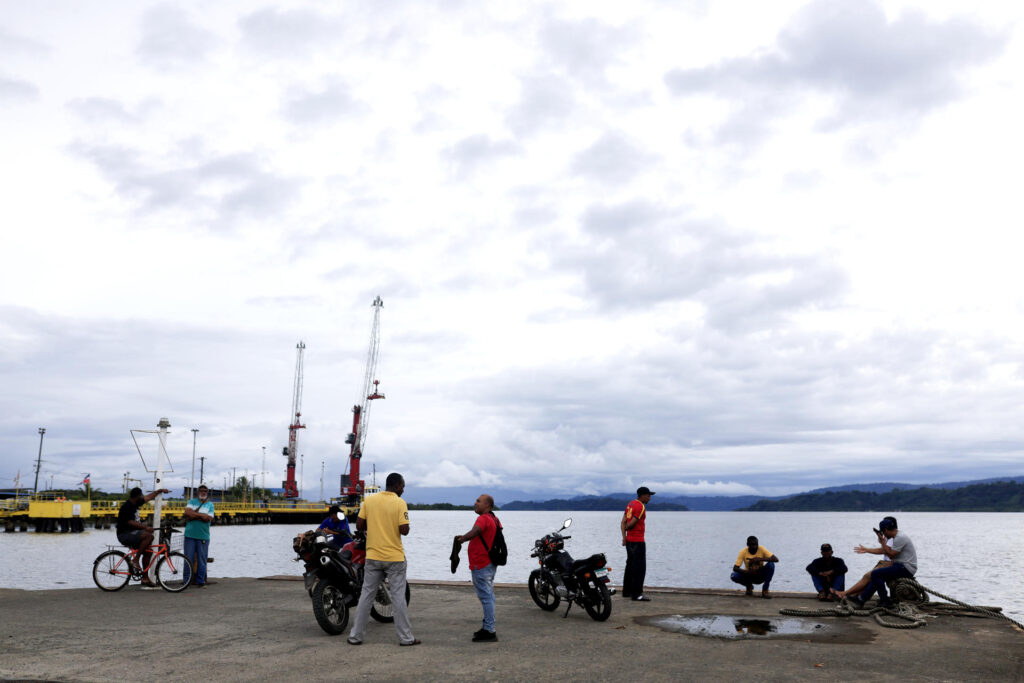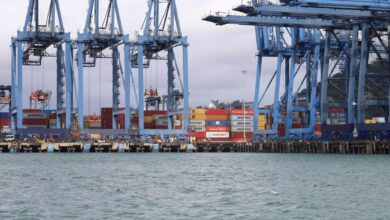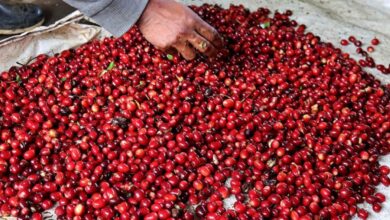Panama Port Paralysis: How the Chiquita Walkout Stalled Banana Exports

Where refrigerated containers once rattled nonstop, the Chiquita pier in Almirante now echoes only with gulls. Laid-off stevedores pace splintered planks, waiting for a ship that may never return and for word on jobs that vanished overnight.
The Morning the Cranes Froze
Six months ago, the yellow lattice booms at Chiquita Panama’s century-old dock lifted fruit around the clock. On a good shift, foreman Marcial Cruz could guide forty containers—nearly 900 tons of bananas—into the hold of a Europe-bound vessel before sunrise. On the first Monday of May, he arrived to find the main gate padlocked, the security hut abandoned, and a typed notice: “Operations suspended until further announcement.”
Inside the yard, stacked reefers hummed as if nothing had changed, but not a single crane stirred. “You don’t realize how loud silence can be until a port stops,” Cruz tells EFE, kicking at a rusting cleat. Chiquita, owned by the Brazilian conglomerate Safra Group, accused the stevedores’ union SITRAIBANA of “abandonment of work” after a 27-day walkout over pension reforms. The management’s reply was total: all contracts terminated, 6,500 workers dismissed, fields left to overgrow.
Banana Gold and Union Gambles
Bocas del Toro lives on two colors—the emerald of banana leaves and the chrome sheen of reefer steel. When SITRAIBANA called the strike in late April, leaders believed a short shutdown would pressure lawmakers to preserve a social security carve-out granted initially in 1974, when United Fruit still ran the show. The bet worked; Congress reinstated the benefit in a midnight vote.
But the victory curdled. Within hours, Chiquita’s legal team filed breach-of-contract notices, citing a Reuters estimate of $75 million in spoiled fruit and canceled charters. Two days later, the company boarded managers onto a chartered Dash-8 and flew them to Panama City, leaving the dock a ghost of pallets and plastic bands. “We won the battle and lost the war,” sighs “Green,” a 70-year-old docker whose nickname comes from decades of moving unripe fruit. “The benefit is useless if no one collects a paycheck.”
Economists at Panama’s INCAE Business School underline the shock: bananas accounted for 17.5 percent of Panamanian exports in 1Q 2025. Nothing else fills that gap quickly, least of all tourism, which still hasn’t reached pre-pandemic numbers. Small cafés in Changuinola now run half-shifts; gasoline stations extend credit to truckers who hauled fruit but idle their rigs.

A Company Town on a Precipice
Walk Almirante’s waterfront, and you meet the United Fruit Company’s long shadow. The wooden warehouse shells, the narrow-gauge rail stubs vanishing into the jungle—remnants of the U.S. banana empire that sculpted the Caribbean coast after 1900. Scholars like Dr. Carmelina Castillo of the University of Panama call Bocas del Toro “a textbook mono-export economy.” In good years, the fruit trade props up 24,000 secondary jobs—mechanics, shopkeepers, and teachers whose salaries depend on dock taxes.
Now municipal coffers bleed. At the regional clinic, nurse Ana Lezcano says budget cuts already limit vaccine drives. “We used to buy syringes by the crate; now we count them.” Migration offices see early tremors: thirty families filed requests to move to Panama City in June, triple the usual. Governor Maritza Córdoba warns the exodus could swell once school finishes. “If fathers leave for construction work in Costa Rica, who plants the next banana cycle?” she asks.
Waiting for a Ship, Hoping for a Sign
Chiquita’s headquarters in Florida offers only terse emails: “No comment on future operations.” Privately, labor-ministry mediators admit no rival multinational wants to inherit leases tangled in legal disputes and overgrown with black Sigatoka disease. Replanting and certifying farms for EU phytosanitary rules could take 18 months—an eternity for families living week-to-week.
Every dawn, the remaining dockers gather anyway. They brew tin mugs of coffee on a propane ring, swap rumors of a Costa Rican broker who might divert fruit to Almirante, then shuffle into a lunch room whose wall clock still shows April. Helmets swing from hooks like sleeping birds. Cruz inspects crane cabs and wipes salt film off windshield glass—tending a machine garden in hibernation. “If a captain radios tomorrow, we must be ready,” he insists. “A port dies the day its people stop believing in ships.”
Some evenings, they haul a worn rope and stage practice lashings on empty pallets, muscle memory refusing surrender. Younger stevedores livestream these drills on TikTok under the tag #BananaStrong, hoping visibility sparks political pressure. So far, their feeds draw mostly nostalgia from retired sailors and heart emojis from diaspora Panamanians.
The Future: Diversify or Drift
President José Raúl Mulino calls the strike illegal yet vows not to pay corporate compensation, leaving both sides in a stalemate. National dialogue panels convened in mid-June produced headlines but no timetable. Agricultural economist Julio Villalobos warns Panama must diversify: cacao, plantain flour, even agro-tourism. “The world still eats bananas,” he notes, “but the monopoly age is over.”
For Cruz and Green, such macro talk feels distant. They measure time in rust spots enlarging on the gantry rails in the silence where diesel engines once barked. Yet even silence can’t mute history. Someone spray-painted a new slogan on the pier’s concrete bumper last week: “No hay barco sin manos” — “A ship is nothing without hands.”
Also Read: Argentina’s Cultural Icon Mafalda Enters U.S. Market Amid Renewed Curiosity
Whether that truth lures Chiquita back or tempts a new buyer, the Caribbean will decide—tides rocking gently against pilings as if tapping impatient fingers, waiting for a green-and-gold stack of fruit to rise over the horizon once more.





